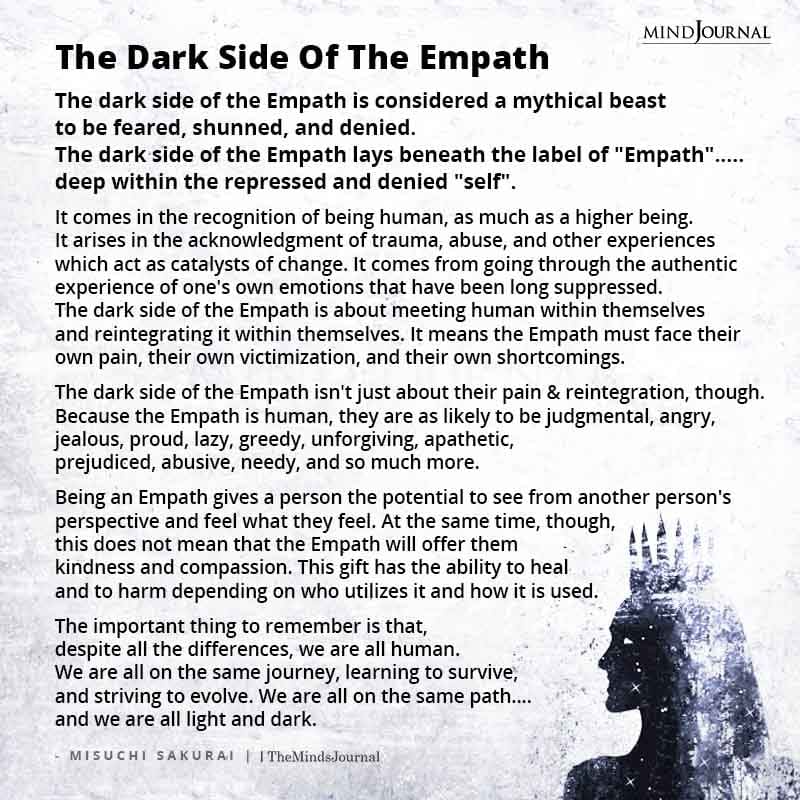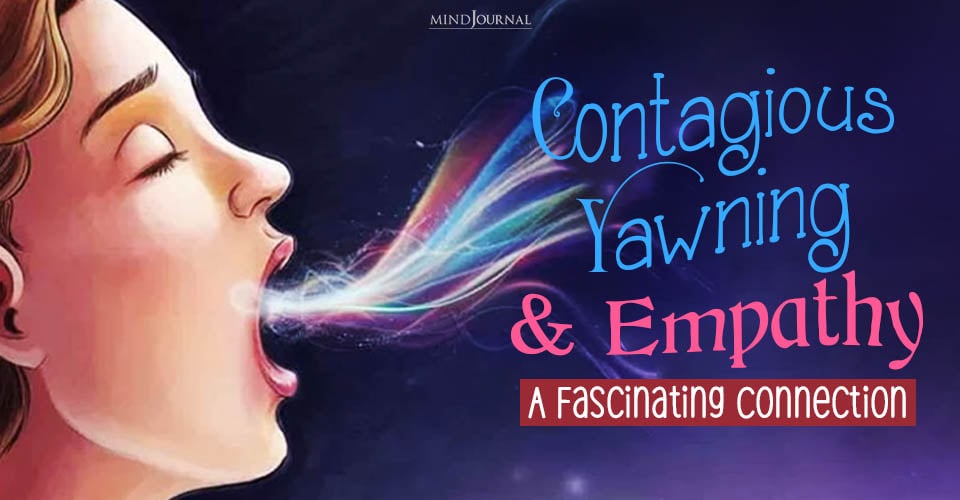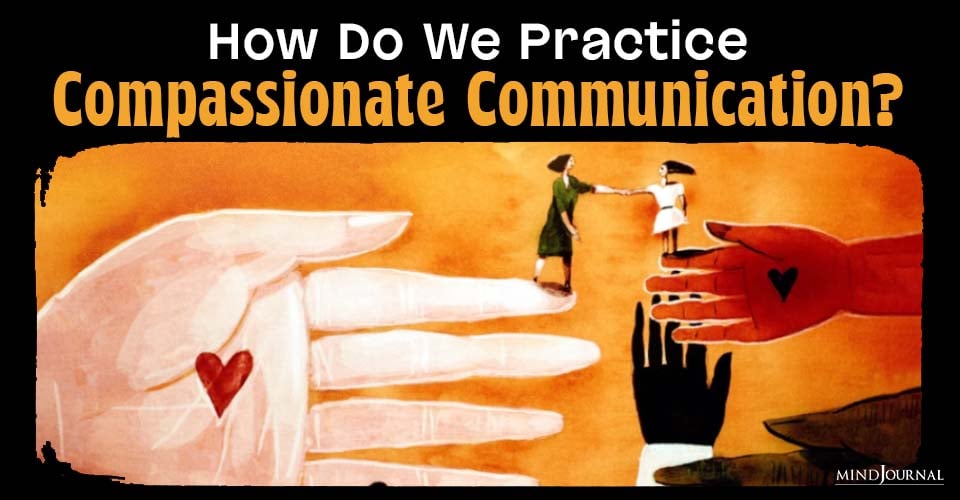Empaths and narcissists are two terms that are often used together, and it’s not uncommon for people to wonder whether empaths are narcissists. While these two personality types share some similarities, they are fundamentally different. Let’s dive deeper into the question of “are empaths narcissists?”.
In order to know and understand more about empaths, narcissists, and even narcissistic empaths, it is essential to first understand who and what they are. Understanding the differences between empaths and narcissists can help avoid confusion and misinformation.
Related: Dark Empath: 12 Signs Of The Most Dangerous Personality
Empaths
An empath is someone who is highly attuned to the emotions and feelings of others. Empaths are often described as sensitive, compassionate, and caring individuals who can sense the emotions of others and respond to them with empathy and understanding.
They can often feel overwhelmed by their emotions and the emotions of others, but they are also skilled at helping others to process and manage their feelings.
Narcissists
On the other hand, a narcissist is someone who is always preoccupied with their own needs, desires, and achievements. Narcissists have an exaggerated sense of self-importance and often lack empathy for others.
They are often described as arrogant, self-centered, and manipulative individuals who seek attention and admiration from others. Additionally, they never stop at anything to make sure that their needs are met; they are willing to go to any lengths to exploit others to fulfill their needs, wants, and desires.
Are Empaths Narcissists?
The answer is no. While there may be some similarities between these two personality types, they are fundamentally different.
Empaths are compassionate, caring individuals who are focused on the needs of others, while narcissists are self-centered individuals who lack empathy and are focused on their own needs and desires.
However, it’s essential to note that empaths can be vulnerable to narcissistic abuse. Narcissists often seek out empathic individuals because they are skilled at manipulating and exploiting their compassion and empathy.
Empaths may also struggle to set boundaries and prioritize their own needs, which can make them vulnerable to being taken advantage of by narcissists.
On the other hand, it might be possible that some empaths can harbor slight narcissistic tendencies. Even though narcissistic empaths are quite rare, they do exist. Narcissistic empaths are the ones who tend to have the qualities of a covert narcissist and find it hard to build emotional relationships with others.
Now, let’s find out more about the signs of one.
Related: The Dark Side Of Being An Empath
11 Signs Of A Narcissistic Empath
1. They have a strong need for admiration and attention.
Narcissistic empaths often have a strong need for admiration and attention from others. They may seek out praise and validation for their accomplishments and may even become upset or angry when they feel they are not receiving the attention they believe they deserve.

2. They are highly sensitive to criticism.
While narcissists may appear to have thick skin and a lack of empathy for others, narcissistic empaths are highly sensitive to criticism. They may become defensive or upset when they perceive that someone is criticizing them or not appreciating their efforts.
3. They are skilled at reading and manipulating others.
Narcissistic empaths possess the ability to read and understand the emotions and needs of others. This skill is often used to manipulate people into providing them with what they want or to gain admiration and attention.
They can effortlessly use their charm and charisma to influence and persuade others, making it difficult to resist their tactics. This ability to manipulate others can be dangerous, as it can leave people feeling used and taken advantage of.
It is important to be aware of their manipulative tendencies and to set healthy boundaries in order to protect oneself from their manipulative tactics.
4. They have a sense of entitlement.
Are empaths narcissists? They can be, especially when they have a strong sense of entitlement.
Narcissistic empaths may have a sense of entitlement, believing that they deserve special treatment or recognition. They may become upset or angry when they feel that they are not getting what they believe they deserve.
Related: The Dirty Empath With The Narcissistic Streak Of Infidelity
5. They struggle to set boundaries.
They may struggle to set boundaries, as they may have difficulty distinguishing their own needs and emotions from those of others. Also, they have a tendency to take on the emotions and needs of others, neglecting their own needs and desires.
6. They can be charming and charismatic.
Narcissistic empaths can be charming and charismatic, using their empathy and sensitivity to gain the trust and admiration of others. They use their charm to manipulate others to get what they want or to gain attention and validation.
7. They can be emotionally reactive.
They can be highly emotionally reactive individuals who may become upset or angry when their needs or emotions are not being met. They can become easily overwhelmed by the emotions of others, which may lead to emotional outbursts or breakdowns.
This heightened sensitivity to emotions can make it challenging for them to navigate relationships, as they may struggle to manage their own emotions and respond appropriately to the emotions of others.
It is important to approach interactions with narcissistic empaths with care and compassion, as their emotional reactivity can be a manifestation of deep-seated pain and insecurity.
8. They suffer from low self-worth and low confidence.
It is worth noting that despite having a strong sense of self-importance, narcissistic empaths often exhibit low self-worth. This may seem like a paradox, but it is because they require constant validation from others to feel good about themselves.
Additionally, they are emotionally intelligent and self-aware enough to recognize their manipulative behaviors, which can lead them to feel unworthy of love and healthy relationships. This negative self-perception can cause them to point out their own flaws, which may make you think they are not narcissistic.
Related: What Is Hyper Empathy Syndrome? 12 Symptoms and How To Cope
9. They may have a history of trauma or abuse.
Narcissistic empaths may have a history of trauma or abuse, which may have contributed to their narcissistic and empathic traits.
They may have learned to use their empathy and sensitivity as a means of survival, while also developing narcissistic traits as a means of protecting themselves from further harm.
10. They may struggle with intimacy and emotional connection.
They struggle with intimacy and emotional connection, as they have difficulty distinguishing their own emotions and needs from those of others.
Chances are, they become enmeshed with their partners or friends, neglecting their own needs and desires in favor of meeting the needs of others.
11. They have a dark sense of humor.
They have a tendency to use sarcasm and possess a dark sense of humor. They may often make jokes at the expense of others, which can be hurtful and even considered a form of bullying.
Although their humor may elicit laughter, it can also be cruel to those who become the target of their jokes. Initially, their wit and humor may be perceived as charming. They can effortlessly make a biting remark with a smile or laugh, and many people may not initially realize the malicious intent behind their words.
It is only in hindsight that one may realize that the joke was not on the dark empath, but rather on the recipient.
Related: The Empath and The Narcissist: The Brutal Reality Of Their Toxic Relationship
Can A Narcissist Be An Empath?
The idea of a narcissist being an empath may seem contradictory at first, but it is possible for someone to possess traits of both personalities.
These are individuals who have narcissistic personality traits, such as an inflated sense of self-importance, entitlement, and a need for attention and admiration, but also possess empathic qualities, such as the ability to understand and connect with others on an emotional level.
Such individuals often use their empathic abilities to manipulate and control others, as they have a keen understanding of how to play on people’s emotions and desires. They may also use their ability to empathize with others to gain sympathy and attention for themselves.
However, it is important to note that while narcissistic empaths may possess some empathic qualities, their primary motivation is still centered around their own needs and desires. They may use their empathic abilities to gain power and control over others, rather than to genuinely connect with them.
Moreover, it is possible that the empathic qualities displayed by them are simply a facade or a tool used to further their own agenda. They may use their ability to empathize with others to manipulate them, without truly feeling empathy or concern for their well-being.
Conclusion
Empaths are generally the polar opposite of narcissists. Narcissists are self-absorbed and selfish, whereas empaths are kind, generous, and compassionate. So, it will always be unlikely that an empath will be a full-on narcissist.
Related: The Dark Side Of The INFJ Personality Type
They may have some traits of narcissism but that’s just about it. However, narcissistic empaths might be a different story, as discussed above.
What do you think – are empaths narcissists? Or are empaths and narcissists the same? Do let us know your thoughts in the comments down below!
Frequently Asked Questions (FAQs)
Why are empaths attracted to narcissists?
Empaths and narcissists get attracted to each other because of their polar opposite natures. Empaths tend to be drawn towards narcissists because of the emotionally intense connection they feel, and narcissists exploit the empath’s empathy and compassion, using it to meet their own needs.
Why are narcissists attracted to empaths?
Narcissists are attracted to empaths because empaths are often willing to provide the admiration, attention, and validation that the narcissist craves. Empaths prioritize the needs of others over their own, which can make them easy targets for manipulation and control by the narcissist.
Can an empath be a narcissist?
It is possible for an empath to display narcissistic traits or behaviors, but it is unlikely for an empath to be a full-blown narcissist as the two personality types have opposing core values and motivations.










Leave a Reply